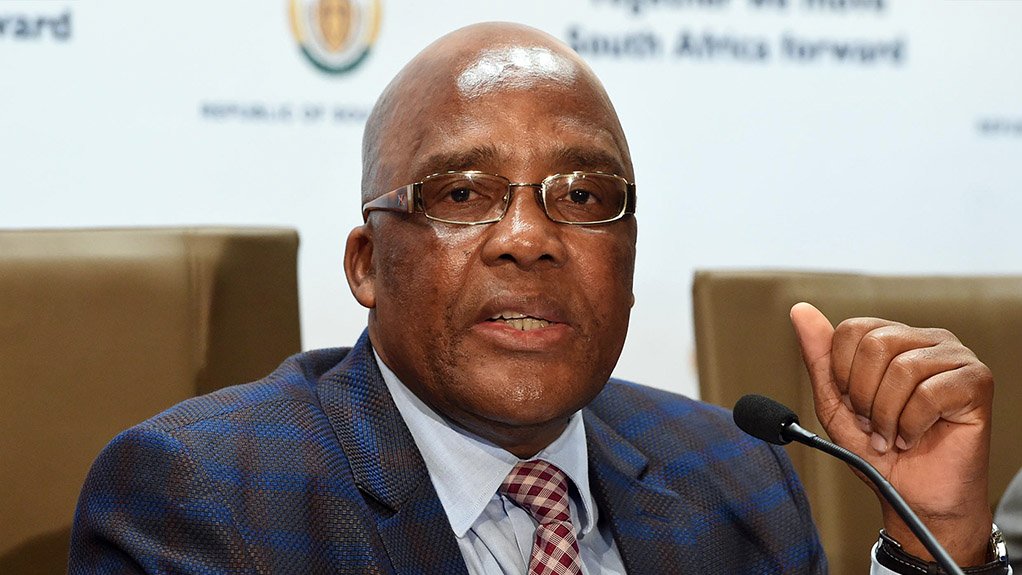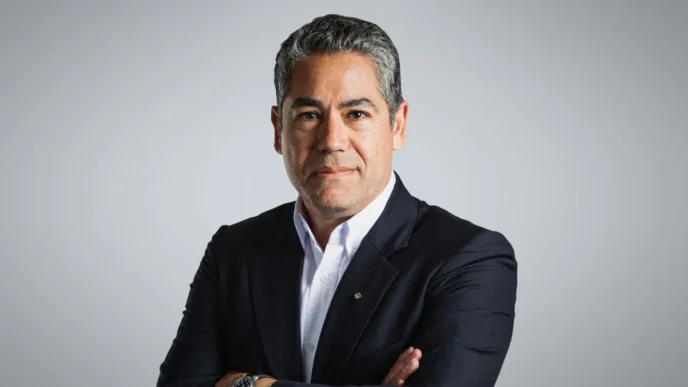South Africa’s largest medical aid providers have launched a major legal challenge against the implementation of the National Health Insurance (NHI) system, arguing that the government’s universal healthcare framework threatens affordability, service quality, and the stability of private healthcare. The challenge, led by industry representatives, targets provisions of the NHI Bill that mandate the integration of private medical aids into a state-controlled system, a move critics claim will impose R4,400 annual costs on members while reducing provider choice.
The legal action follows months of warnings from medical aid groups, including Profmed , which recently announced free coverage for certain professionals but cautioned that the NHI’s “one-size-fits-all” approach could destabilize existing schemes. Opponents argue the NHI’s centralized funding model will force medical aids to redirect resources toward underfunded public hospitals, straining their ability to meet current obligations. “This isn’t just a regulatory tweak—it’s an existential threat to private healthcare,” said a Pretoria-based health economist.
The government, however, has dismissed the challenge, reaffirming its commitment to the NHI as a means of achieving equitable access to healthcare. Health Minister Joe Phaahla stated, “Universal coverage must take precedence over commercial interests,” emphasizing that the NHI aims to reduce disparities between private and public healthcare access. Yet, private sector stakeholders remain skeptical, with doctors’ associations and hospital groups echoing concerns over bureaucratic inefficiencies and funding shortfalls.
Public reaction has been polarized. While some citizens support the NHI’s goal of universal care, others fear disruptions to existing medical aid benefits. A Johannesburg-based teacher noted, “I pay for coverage I trust—why should I risk losing that for an untested system?”. Meanwhile, labor unions and civil society groups have called for safeguards to protect low-income patients from potential service gaps.
The legal battle comes as the NHI faces mounting scrutiny over its financial viability. Analysts warn that integrating private medical aids into the NHI could strain the state budget, with recent estimates projecting R4,400 per capita costs —a figure critics argue is underestimated. With court proceedings expected to escalate, the outcome will test the government’s ability to balance ideological ambitions with practical healthcare delivery challenges in a nation already grappling with infrastructure decay and fiscal constraints.













